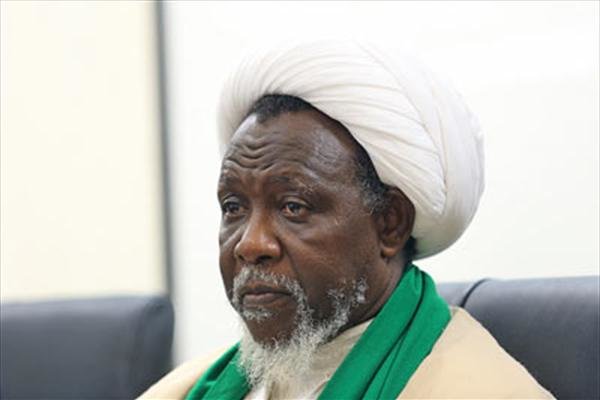Nigeria's failure to comply with its human rights obligations towards Sheikh Zakzaky

INTERNATIONAL - The decision by Nigerian authorities to charge the leader of the Islamic Movement of Nigeria, Sheikh Ibrahim el-Zakzaky, after illegally holding him in detention for two years demonstrates the desperation of the government and is yet another slap in the face of due process in the country.
Along with his wife and two others the sheikh has been charged with eight offences, the most serious of which is punishable by death.
The authorities claim that the sheikh and supporters of his group abetted the commission of culpable homicide when they allegedly blocked roads in the city of Zaria in December 2015.
In reality though the charge aims to deflect government responsibility for a planned and systematic attack by soldiers on the Islamic Movement that left at least 1000 civilians dead. Hundreds more were arrested. The government attack is the subject of a complaint by the IHRC to the International Criminal Court in the Hague.
The charges are all the more risible when viewed against the context of legal proceedings to end the illegal detention of the Zakzakys. The pair remain in the custody of the Nigerian secret services in defiance of a federal court order on 2 December 2016 ordering their release by January 16, 2017. The federal court had ruled the detentions unconstitutional and illegal.
The levelling of charges should also be seen as an attempt by the government to curb continuing protests in the capital Abuja calling for justice for the sheikh. Sunday 15 April 2018 marked 100 days since protests broke out all over Nigeria demanding Sheikh Zakzaky's release.
The protests erupted after Sheikh Zakzaky suffered a stroke, aggravating an already poor condition caused when he was shot during the 2015 military assault.
Despite calls by the Islamic Human Rights Commission and other supporters of the sheikh for his release him from unlawful detention so that his health can be assessed and he can receive medical treatment the Nigerian authorities have failed to act.
Demonstrations involving tens of thousands of the sheikh's supporters have been staged daily in the capital Abuja as well as other towns and cities across northern Nigeria. Despite their totally peaceful nature the protests have been subject to sabotage and violent, often fatal, attacks by security forces intent on bringing the Islamic Movement of Nigeria into disrepute.
Since 8 January 2018 six protestors have been killed by security forces. Hundreds more have been arrested and sustained injuries from beatings during their detention. The majority of those released were released without charge.
IHRC chair Massoud Shadjareh said: "These charges make a mockery of a legal process that had already been bought into considerable disrepute by the Nigerian executive. They are nothing but a contemptible attempt to deflect responsibility away from the government for the 2015 massacre and to seek an end to the daily protests in support of Sheikh Zakzaky. The international community must act now to ensure that Nigeria abides by its commitments to human rights, especially those relating to upholding the rule of law."
Leave a Comment